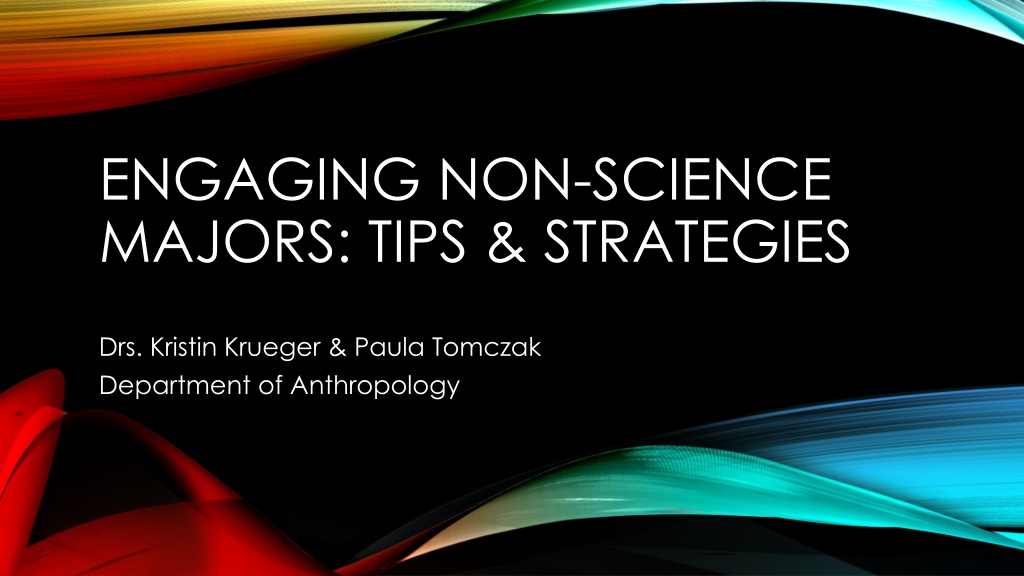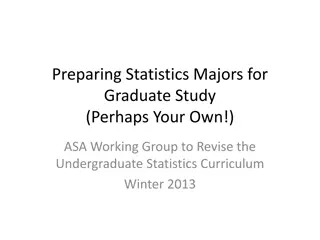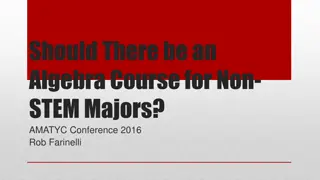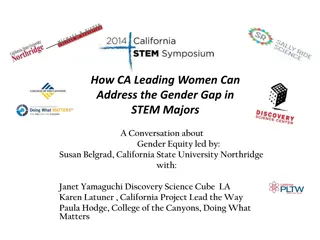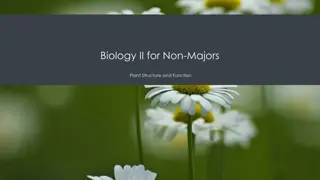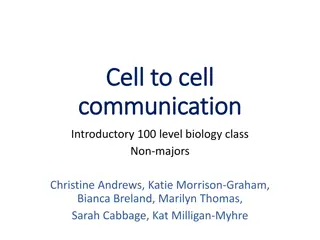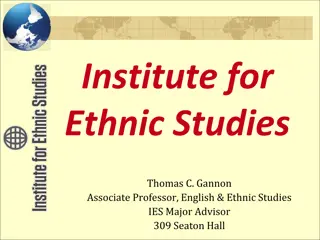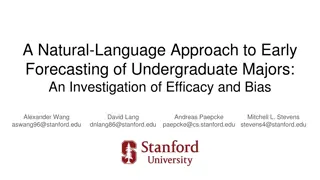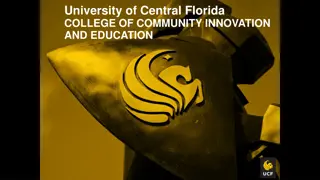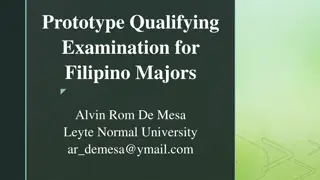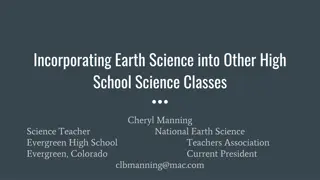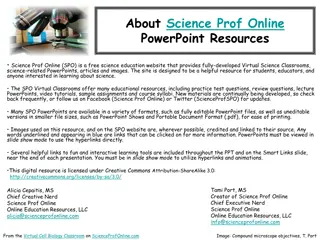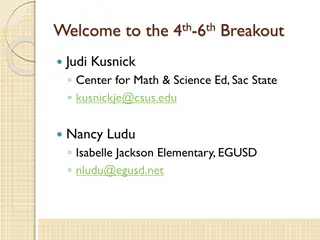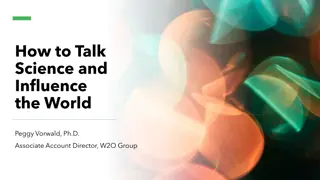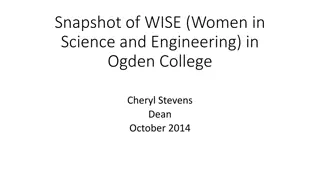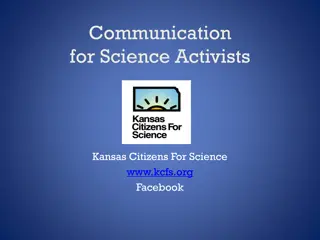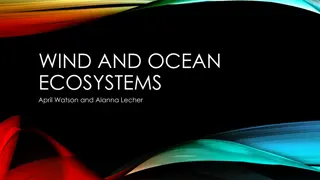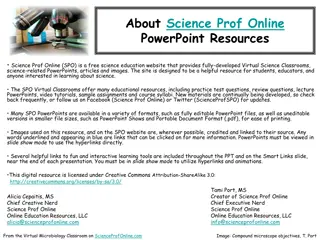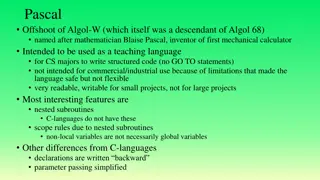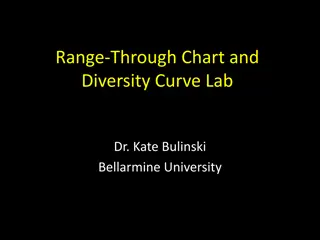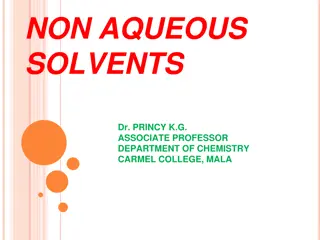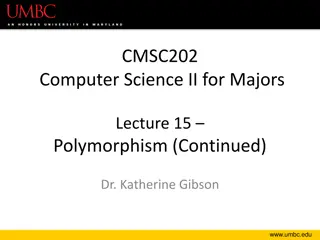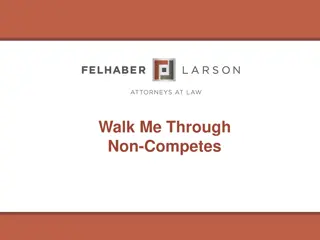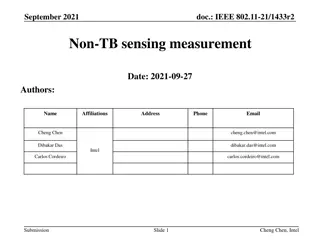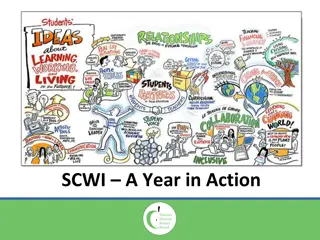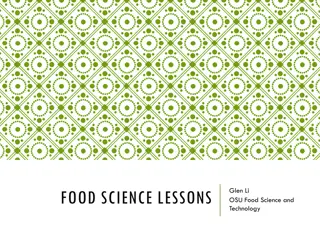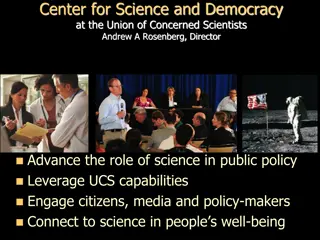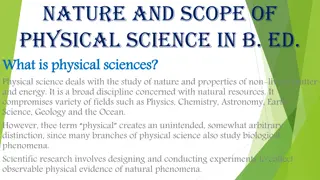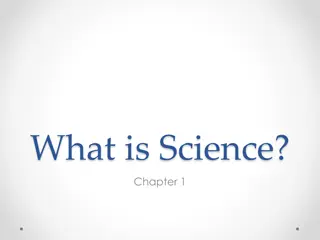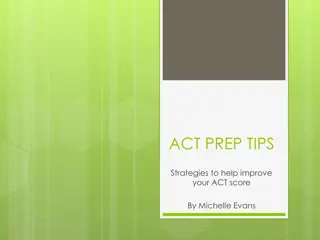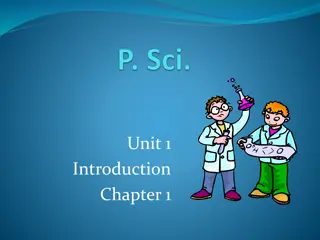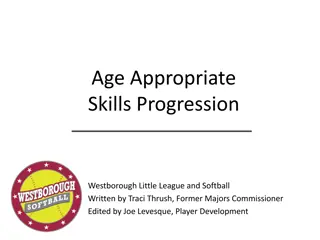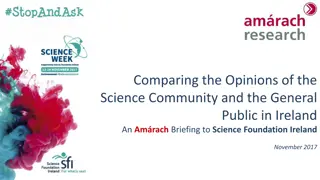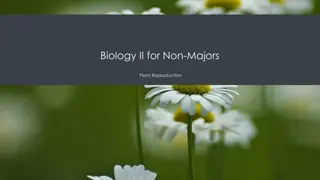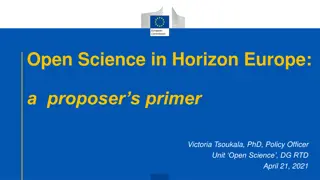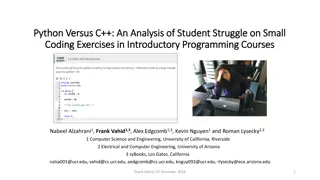Strategies for Engaging Non-Science Majors: Tips and Insights
Discover effective strategies to engage non-science majors in topics like scientific literacy, climate change, and social justice. Learn why students may feel anxious about science and how to help them overcome these challenges through acknowledging their concerns, building confidence, and fostering rapport. Explore the importance of scientific literacy in today's world and the impact of human influence on climate change and public health.
Download Presentation

Please find below an Image/Link to download the presentation.
The content on the website is provided AS IS for your information and personal use only. It may not be sold, licensed, or shared on other websites without obtaining consent from the author. Download presentation by click this link. If you encounter any issues during the download, it is possible that the publisher has removed the file from their server.
E N D
Presentation Transcript
ENGAGING NON-SCIENCE MAJORS: TIPS & STRATEGIES Drs. Kristin Krueger & Paula Tomczak Department of Anthropology
WHY US? AY, J-Term, Summer: ENVS 101, ANTH 101 & 105 Hundreds of students from across campus!
WHY NOW? Importance of scientific literacy in an increasingly scientific-dependent world Climate change, scientific racism, COVID-19 vaccines = social justice!
EX: IPCC REPORT: 8/9/21 Intergovernmental Panel on Climate Change It is unequivocal that human influence has warmed the atmosphere, ocean and land. p. 5
EX: IPCC REPORT: 8/9/21 Figure 4.3
EX: COVID-19 DEATHS IN CHICAGO African Americans constituted 70% of early COVID- 19 deaths despite composing only 30% of the population, and deaths continue to cluster in neighborhoods where more than 90% of the residents are African American. Peek et al., 2021
EX: COVID VACCINATIONS IN CHICAGO Source: South Side Weekly, 6/24/21
OUR RESPONSIBILITY Scientific literacy allows for critical thinking. helps students see the interdependency of life on Earth.
WHATS THE PROBLEM? LUC Core requirements: Scientific Literacy (Tiers I and II) Students put this off! Why? Science anxiety
WHY ARE STUDENTS ANXIOUS? I m not goodat science! Science is confusing and hardfor me. Past negative experiences with science!
HOW CAN WE HELP? Acknowledge the worry, fear, trepidation! Encourage students to let go, try again! Build rapport, confidence! Slow down, repeat, watch faces!
HOW CAN I ASSESS? Ask students 1-on-1 before class Encourage questions after class/email/zoom Exit tickets: 1 thing you learned, 1 question you have!
MAKE IT RELEVANT Science has to connect to a student s life!
EX: CONNECT TO LIFE Weekly Reflections What relationship or connection can you make between this week s material and your life?
MAKE IT RELEVANT Provide PRACTICAL APPLICATIONS to scientific knowledge
EX: PRACTICAL APPLICATIONS DNA & genetics: genetic testing during pregnancy Primate behavior: playground equipment Human evolution: climate change & adaptation
EX: PRACTICAL APPLICATIONS Ecological footprint Toxic Release Inventory (TRI) Food insecurity
FOOD DESERTS IN CHICAGO Source: The Urban Farm
MAKE IT FUN Offer alternative ways for students to demonstrate their understanding of material
EX: ALTERNATIVES Tell me about a day in the life of your favorite hominin (human ancestor). Comic strip Poem Journal entry Tinder profile!
STUDENT ENGAGEMENT IN LARGE CLASSES When classes exceed 150 students Exit tickets Reflections Focus on same strategies
